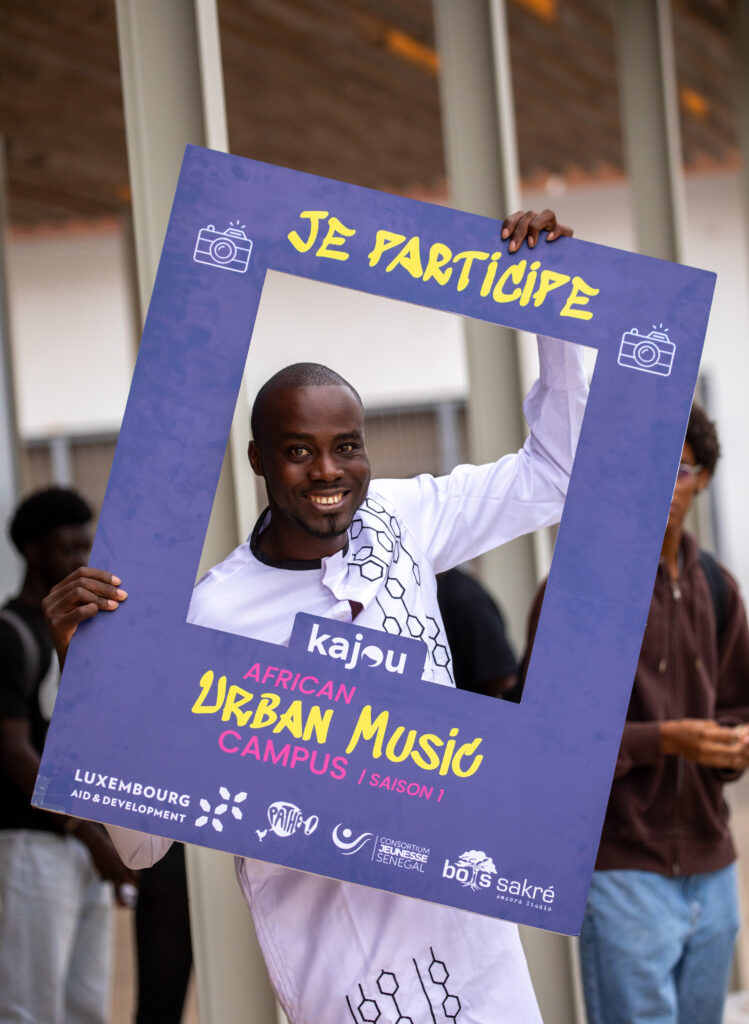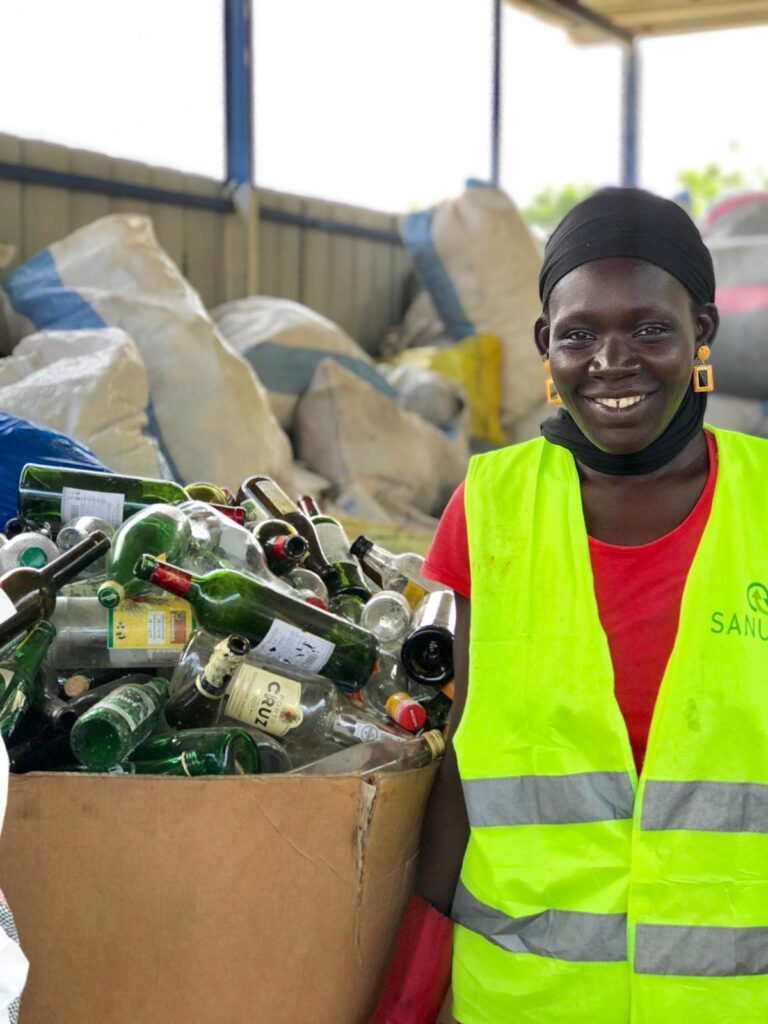Accelerating impact through innovation
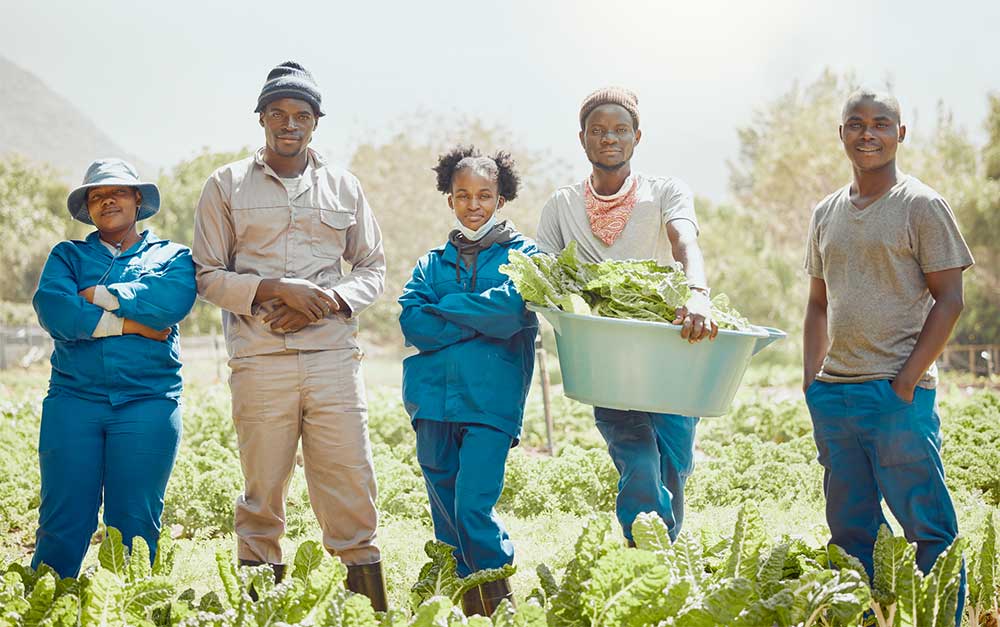
LuxAid Challenge Fund
Are you a young business or cooperative registered in one of the countries where Luxembourg’s Development Cooperation is active? Are you developing an innovative project aimed at addressing societal issues in your country?
If so, check out the LuxAid Challenge Fund co-financing opportunities!
What is the LuxAid Challenge Fund?
Accelerating impact through direct support to local innovative entrepreneurs
The LuxAid Challenge Fund targets impactful start-up enterprises in countries where Luxembourg’s Development Cooperation is active. It is designed to propel innovative solutions with high impact potential to enhance living conditions and safeguard the environment in these countries.
Who can benefit from the LuxAid Challenge Fund?
Interested enterprises can apply to specific open calls for proposals. The average co-financing amount is EUR 120,000, covering up to 70% of total project expenses.
Each call for proposals is unique, open to applications from either a single country or multiple countries.
The sectors targeted by each call are defined based on the strategic priorities of Luxembourg’s Development Cooperation in the respective countries.
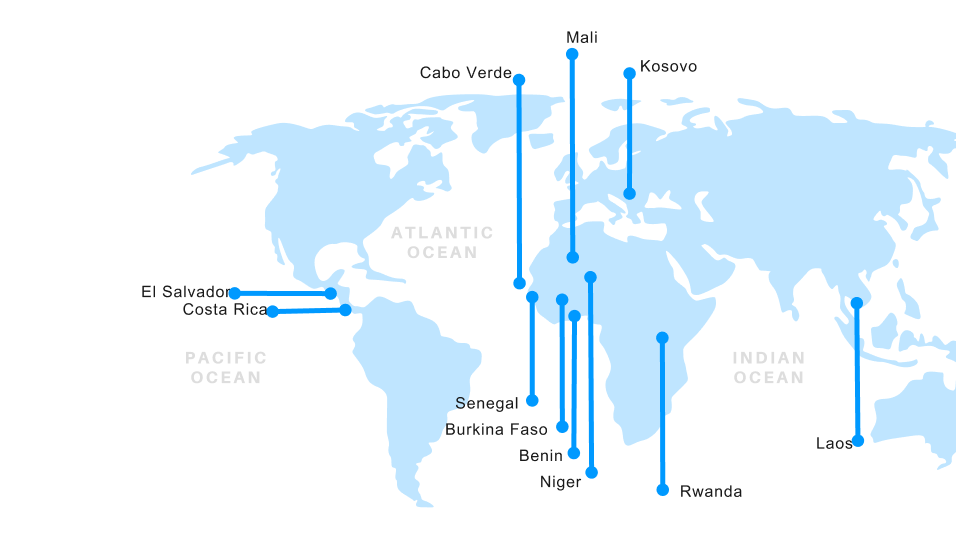
-
We’re seeking groundbreaking projects that address country-specific societal challenges, aligning with the themes outlined in the open call for proposals. The LuxAid Challenge Fund aims to strengthen innovative and inclusive economic models addressing the vicious circle of poverty and access to basic socio-economic goods and services. Examples include improving access to education, enhancing food security, and access to essential resources such as water and energy. Ideally, the projects propose systemic solutions that target the root causes rather than just the symptoms of structural problems.
The LuxAid Challenge Fund supports enterprises in executing projects spanning 1-2 years, addressing challenges such as expanding marketing efforts and customer base, aligning business models with market needs, bolstering teams, and preparing for initial external investments.
-
The selected partnerships can benefit from an average co-financing of EUR 120,000, representing a maximum of 70% of the total proposed project budget.
Support can be used for any expense related to marketing, equipment acquisition, or intangible needs such as technical assistance.
-
The LuxAid Challenge Fund aims to achieve the following:
- A proven and cost-effective solution that delivers direct and measurable commercial, financial, social, and/or environmental results;
- A strengthened business model ready to be accelerated/scaled, expand its impact on the target community, and achieve commercial viability;
- Additional capital mobilised (ideally private) to enable the expansion of the solution within two years of the end of the project.
In the longer term, the objectives include:
- Contribute measurably to identified societal goals;
- Leverage external capital to facilitate its scale-up for the benefit of local populations.
-
Applications are assessed against the following selection criteria:
- Innovation and cost-effectiveness: For a solution to be considered innovative, it must sufficiently distinguish itself from products, services, or approaches already present in the local market. This may involve differences in design, distribution, target audience, economic model, and anticipated resilience to future developments;
- Societal impact and futureproof: The solution must contribute to the Sustainable Development Goals, such as job creation, poverty reduction, access to healthcare, preservation of ecosystems and biodiversity, and combating climate change, etc. Projects must take into account adaptation to future risks and trends;
- Project viability and financial sustainability: Partners must demonstrate that the project will be able to generate revenue in the short or long term, ensuring its continuity beyond the co-financing period. Projects with opportunities for additional funding after the project ends will be prioritised;
- Additionality and neutrality of co-financing: Projects must provide added value that would not have been created without the financial support of the LCF. However, the LCF cannot create market distortion by co-financing projects similar to initiatives already present in the market;
- Execution capacity: enterprises must demonstrate sufficient execution capacities for the size of co-financing granted. This includes but is not limited to management capacities, production knowledge and accounting standards.
Selection process
Call for proposals
Submission of a concept note
Pre-selection
Eligibility criteria checks
Analysis of the applications
Pitch presentation of the highest ranked projects
Pre-selection decision
Due Diligence
Field visits of pre-selected projects
In-depth analysis of the proposal and any additional documentation
Selection
Final decision by the selection committee
Contractualisation and project implementation
Definition of project’s key results indicators
Signature of the co-financing agreement
Regular monitoring and evaluation
Calls for proposals
-
LuxAid Challenge Fund
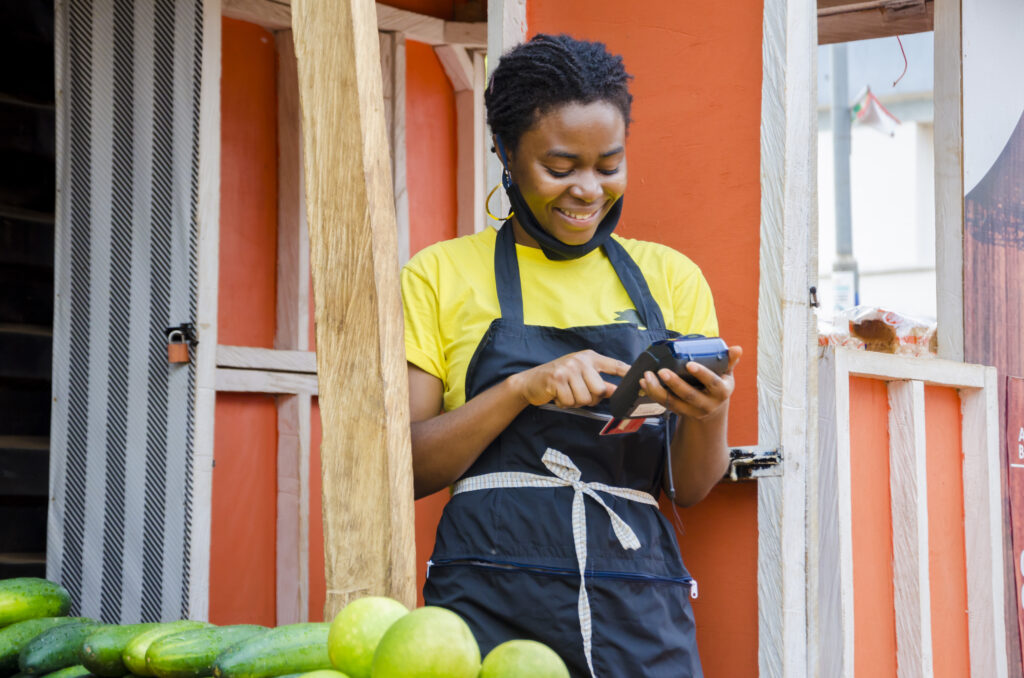
Benin – Call for proposals – LuxAid Challenge Fund
Open until 07.02.25BeninAgriTech, EdTech, FinTech, HealthTech, Tourisme -
LuxAid Challenge Fund LuxAid Demonstration Fund

Kosovo – Call for proposals – LuxAid Challenge Fund & LuxAid Demonstration Fund
Open until 24.01.25KosovoCircularity, digitalisation & skills development in manufacturing, Digitalisation of education, healthcare, or mobility services -
LuxAid Challenge Fund

Sahel – Call for proposals – LuxAid Challenge Fund
Open until 08.01.24Burkina Faso, Mali, SenegalDistance learning, Food safety
Supported projects
No matching results
Our coordinator is here for you!
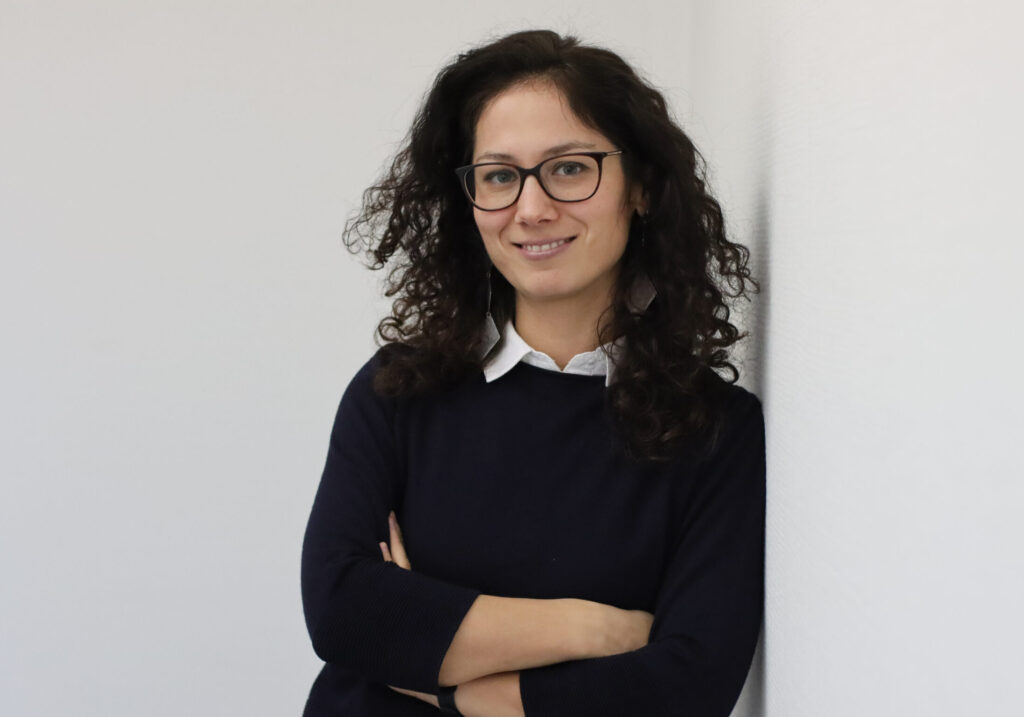
LuxAid Challenge Fund
News
-
Business Partnership Facility
 Mar. 2025
Mar. 2025Launch of the 13th edition of the BPF – Strategic partnerships for innovation and impact in developing countries
Does your company hold expertise or technology with a large social or environmental impact potential? Looking to test your solution through a pilot project or to introduce it to new markets? Submit your project for Business Partnership Facility (BPF) for a co-financing of up to EUR 200,000 to develop new… -
LuxAid Challenge Fund
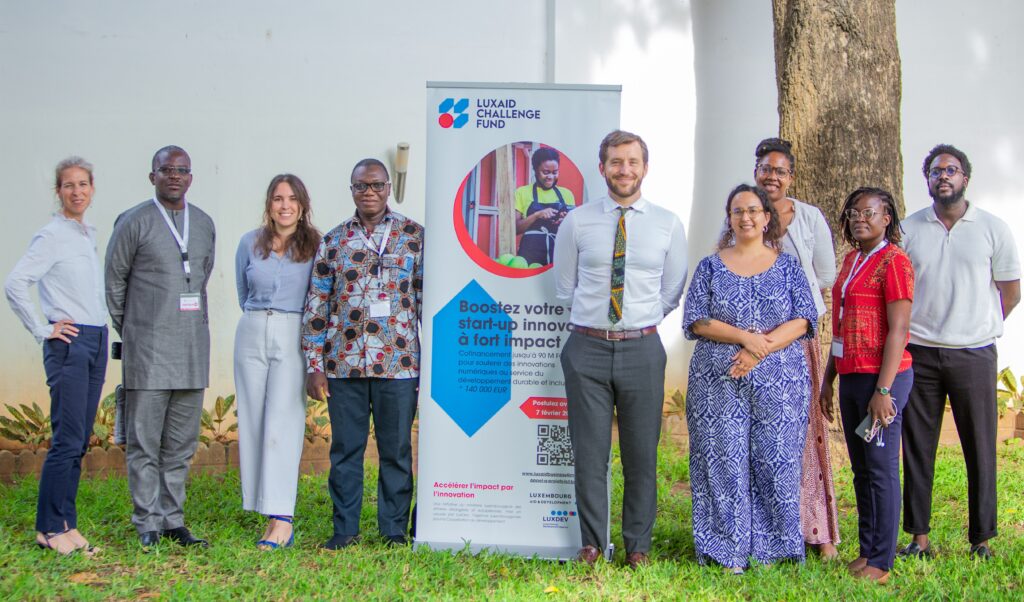 Apr. 2025
Apr. 2025LuxAid Challenge Fund: 15 innovative entrepreneurs pitched their projects in Benin
The LuxAid Challenge Fund in Benin has reached a major milestone with the recent Pitch Days held in Cotonou… -
LuxAid Challenge Fund LuxAid Demonstration Fund
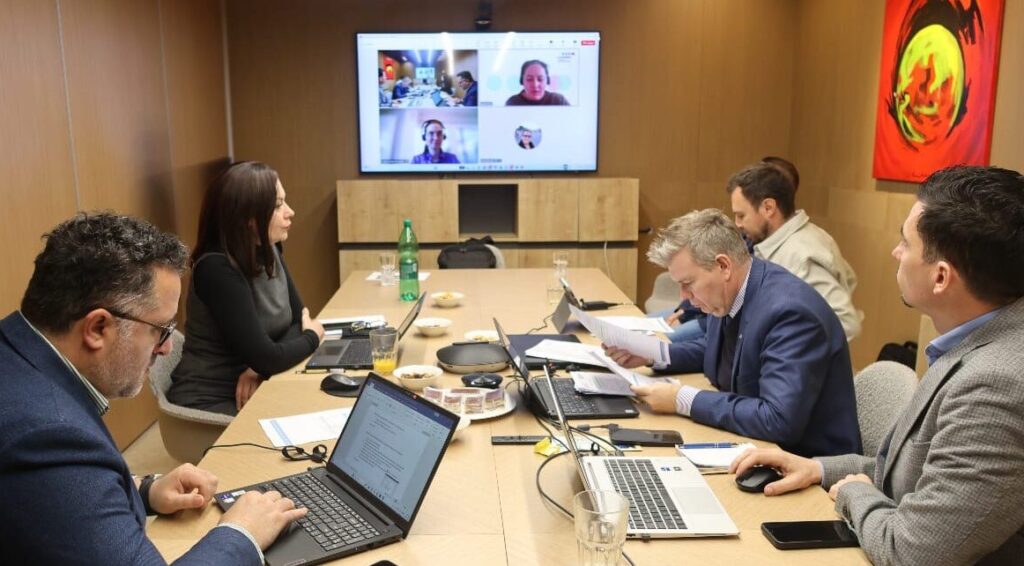 Apr. 2025
Apr. 2025Inspiring Pitch Days for LuxAid Demonstration Fund and LuxAid Challenge Fund in Kosovo
The call for proposals under the LCF and the LDF in Kosovo has reached an exciting milestone with the recent Pitch Days held in Pristina… -
Business Partnership Facility
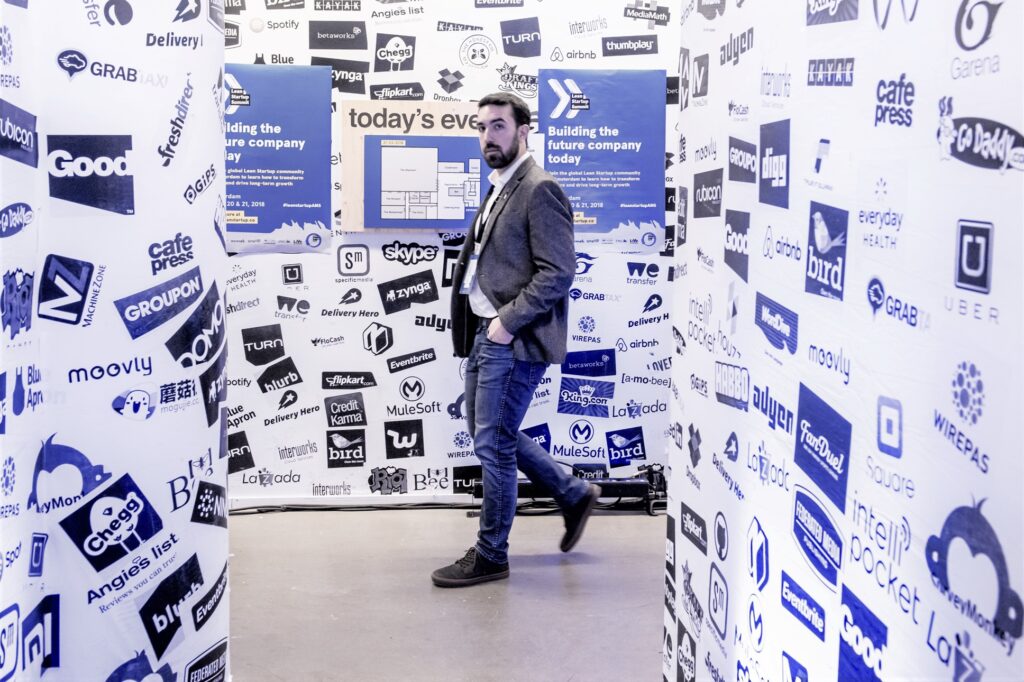 Mar. 2025
Mar. 2025Building Innovation Bridges
Explore how the BPF has supported the partnership between Compellio and Kutia in launching a Web3 innovation programme in Kosovo. -
Business Partnership Facility
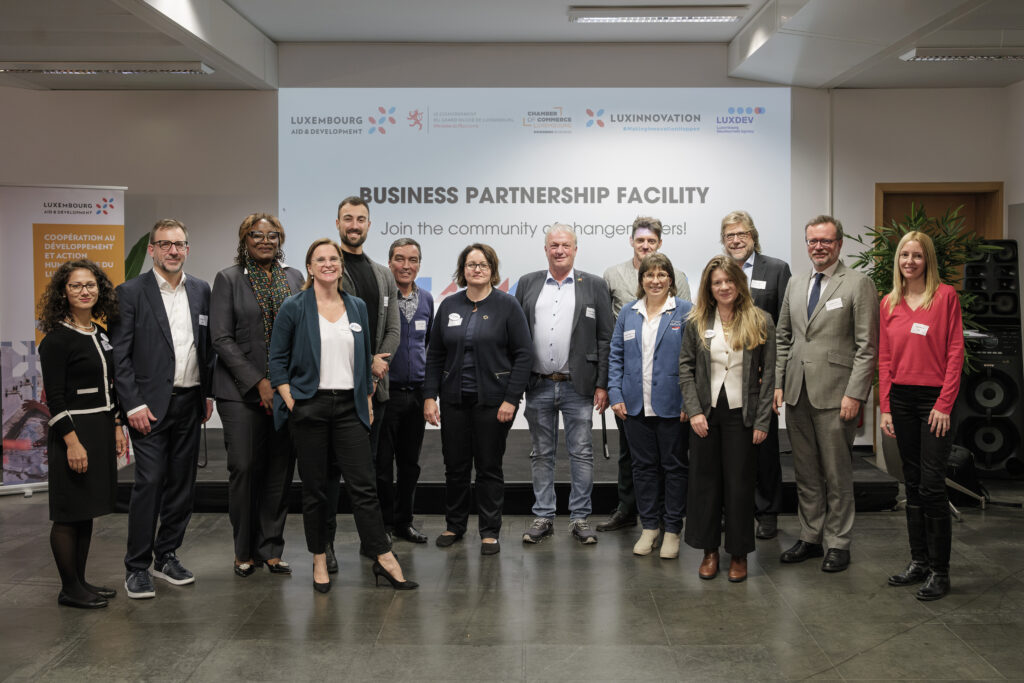 Oct. 2024
Oct. 2024BPF Event – Inspiring and Connecting Changemakers in Luxembourg!
On 14 October 2024, over 100 people gathered at the House of Startups for a vibrant BPF event filled with inspiration, discoveries, and opportunities to meet pioneers of business innovation. -
LuxAid Challenge Fund LuxAid Demonstration Fund
 Nov. 2024
Nov. 20242 M EUR boost for Kosovar business innovators tackling key challenges in manufacturing, education, healthcare and mobility
The Luxembourg Development Cooperation has just opened a call for proposals targeting enterprises with bold, innovative solutions to tackle societal challenges. Through the LuxAid Challenge Fund (LCF) and the LuxAid Demonstration Fund (LDF), businesses can secure up to EUR 350,000 in co-financing to scale transformative ideas in manufacturing, education, healthcare,… -
LuxAid Demonstration Fund
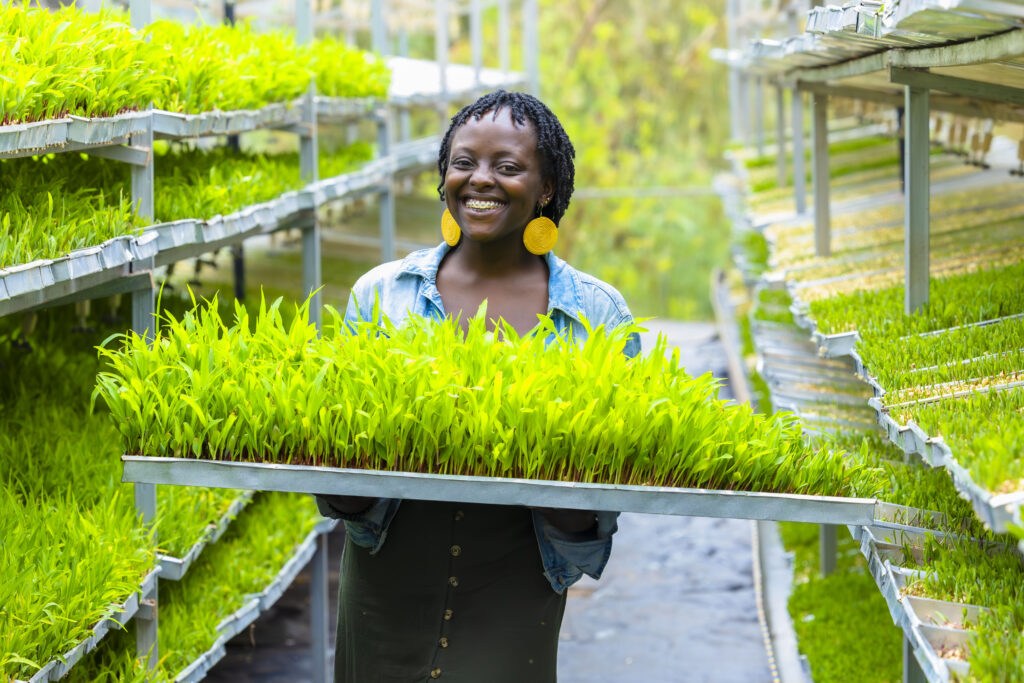 Mar. 2025
Mar. 2025Solutions for food security: How the LuxAid Demonstration Fund supports a Rwandan business futureproofing fodder production
Are you curious about the impact of projects co-financed by the LuxAid Private Sector Engagement Funds? Meet UKC, a pioneering company supported by the LuxAid Demonstration Fund in Rwanda, as they tackle one of the country’s biggest challenges—land pressure and agriculture productivity.


